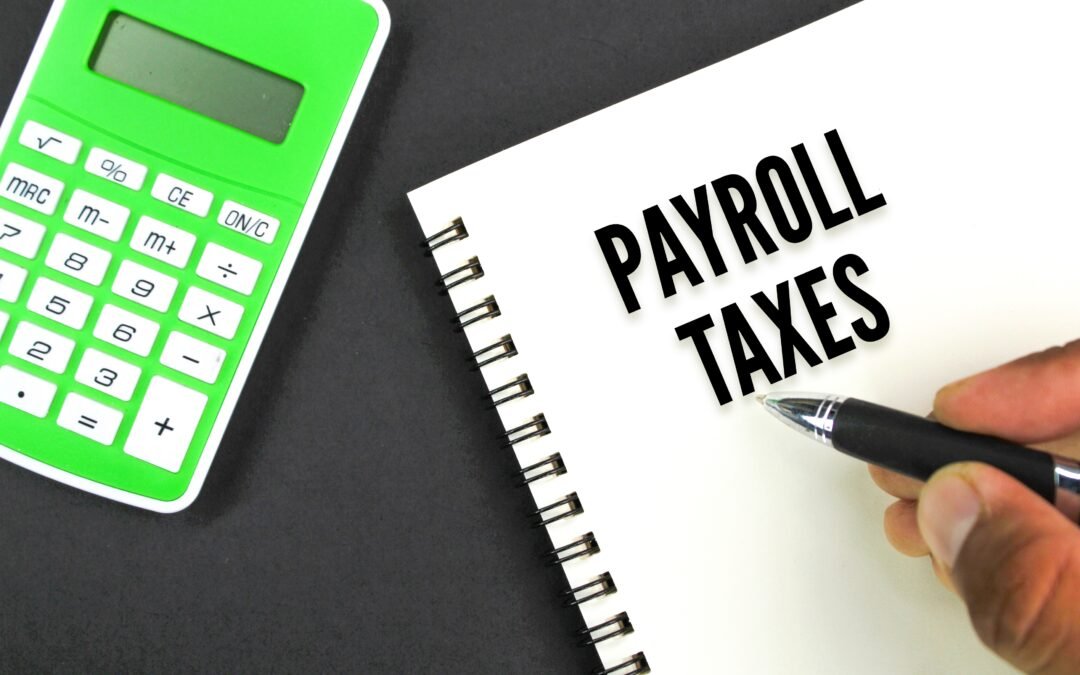Managing payroll taxes is a crucial responsibility for any business owner in the UK. While they can seem complex, understanding payroll taxes is essential for staying compliant with tax laws and avoiding costly penalties. This beginner’s guide will break down the basics of payroll taxes in the UK to help you stay informed and manage your payroll smoothly.
What Are Payroll Taxes?
Payroll taxes are taxes imposed on employers and employees, deducted from employees’ wages, and paid to HM Revenue and Customs (HMRC) by the employer. These taxes are essential for funding government services, such as the National Health Service (NHS) and social security benefits.
Types of Payroll Taxes
There are two main categories of payroll taxes in the UK: employer taxes and employee taxes.
1. Employer Taxes
Employers are responsible for paying several types of payroll taxes, including:
- National Insurance Contributions (NICs): Contributions paid by employers to fund social security benefits and the NHS.
- Class 1A NICs: Paid on employee earnings above the National Insurance threshold, particularly for directors and employees with higher salaries.
- Class 1B NICs: Paid by employers on earnings for employees who earn below the National Insurance threshold, typically applied in special circumstances.
- Class 2 NICs: Contributions made by self-employed individuals to secure certain state benefits.
- Class 4 NICs: Paid by self-employed individuals with profits exceeding a specific threshold.
- Construction Industry Training Board (CITB) Levy: A tax levied on employers in the construction sector to fund industry training programs.
2. Employee Taxes
Employee payroll taxes are deducted directly from their wages and include:
- Income Tax: Tax on an individual’s income, calculated based on income tax bands.
- National Insurance Contributions (NICs): Employees contribute to social security and NHS funding through NICs, deducted from their wages.
Payroll Tax Rates
Payroll tax rates can change from year to year, depending on government regulations. It’s essential to stay up to date with the latest guidance from HMRC to ensure you’re applying the correct rates for National Insurance Contributions and income tax. Visit the HMRC website for the most current payroll tax rates.
Payroll Tax Deadlines
Payroll tax submission deadlines depend on the size of your business and your payroll schedule. Typically, employers must:
- Submit payroll information to HMRC on or before each payday using Real Time Information (RTI).
- Pay taxes either monthly or quarterly, depending on the business’s PAYE (Pay As You Earn) scheme.
Missing deadlines can incur penalties, so process payroll on time to avoid them. Refer to HMRC’s official guidance for specific deadlines and details.
Payroll Tax Penalties
Failure to comply with payroll tax regulations can result in severe penalties, including:
- Fines for late submissions or incorrect tax filings.
- Interest charges on unpaid taxes.
- Potential audits from HMRC if discrepancies are found in your payroll records.
Avoid penalties by staying compliant and using payroll software or working with an accountant to ensure your taxes are accurate and submitted on time.
Using Payroll Software
Managing payroll taxes manually can be overwhelming. Payroll software simplifies the process by automating payroll calculations, generating reports, and filing tax returns directly with HMRC. Popular payroll software options include Xero Payroll, QuickBooks Payroll, and Sage Payroll. Using payroll software ensures accuracy and compliance, saving you time and reducing the risk of errors.
Conclusion
Understanding payroll taxes is vital for any business owner in the UK. By familiarizing yourself with the various types of payroll taxes, staying updated on the latest tax rates, and meeting deadlines, you can ensure compliance with HMRC’s regulations and avoid costly penalties. If you’re unsure about handling payroll taxes, it’s highly recommended to consult with a professional tax advisor or use payroll software to manage your tax obligations efficiently.
Need help managing your payroll? Contact us today to learn how we can simplify your payroll process and ensure your business stays compliant.

Recent Comments